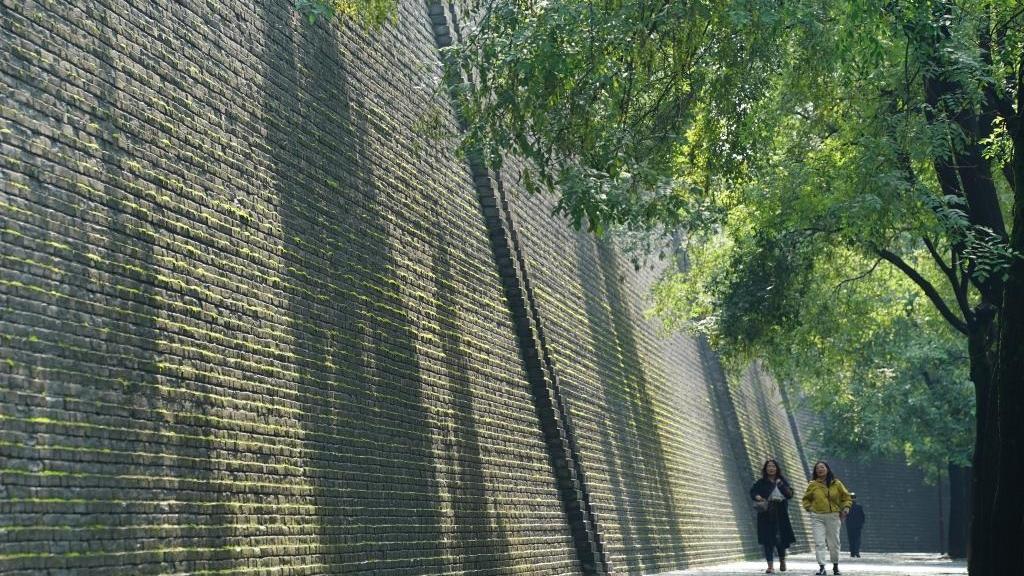U.S. Chamber of Commerce files lawsuit over 100,000 USD on H-1B visa petitions
WASHINGTON, Oct. 16 (Xinhua) -- The U.S. Chamber of Commerce on Thursday filed a lawsuit over the Trump administration's 100,000-dollar fee on H-1B visa petitions, saying that the fee will make it cost-prohibitive for U.S. employers to retain global talent.
The litigation dismissed the new fee as "unlawful" because it overrides provisions of the Immigration and Nationality Act that govern the H-1B program, including the requirement that fees be based on the costs incurred by the government in processing visas.
"The new 100,000 dollar visa fee will make it cost-prohibitive for U.S. employers, especially start-ups and small and midsize businesses, to utilize the H-1B program, which was created by Congress expressly to ensure that American businesses of all sizes can access the global talent they need to grow their operations here in the U.S.," Neil Bradley, executive vice president and chief policy officer at the U.S. Chamber of Commerce, said in a statement.
To support growth, "our economy will require more workers, not fewer," said Bradley. "The president has said he wants to educate, attract, and retain the world's best and brightest in the U.S., and the Chamber shares that goal."
H-1Bs complement U.S. workers, lift wages and productivity, power innovation and startups, and making it harder to get H-1B visas is counterproductive, according to the U.S. Chamber of Commerce.
Earlier this month, the United Auto Workers union, the American Association of University Professors, and several other organizations filed a lawsuit in a federal court in San Francisco, marking the first challenge to the proclamation.
On Sept. 19, U.S. President Donald Trump signed a proclamation raising the fee that companies pay to sponsor H-1B applicants to 100,000 dollars. Previously, companies typically paid several thousand dollars for H-1B visas.
U.S. media noted that the hefty fee will affect tech giants such as Amazon, Microsoft and Google, which have long relied on the H-1B visa program to hire foreign employees, including software developers.
CBS reported that the plan could backfire by encouraging U.S. companies to shift jobs overseas, especially in specialized fields such as research and development, and could further deter international students from studying in the United States.
Photos
Related Stories
- Trump's former national security adviser John Bolton indicted
- Trump says to meet Putin in Hungary
- U.S. busiest port sees 7.5 pct decline in September cargo volumes
- U.S. judge blocks Trump administration from firing federal workers during government shutdown
- 'US menu' exposes its hegemonic foreign policy
Copyright © 2025 People's Daily Online. All Rights Reserved.









